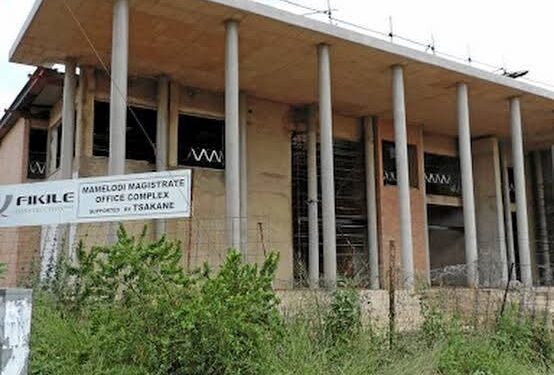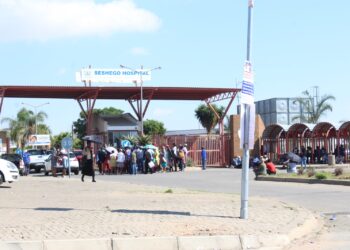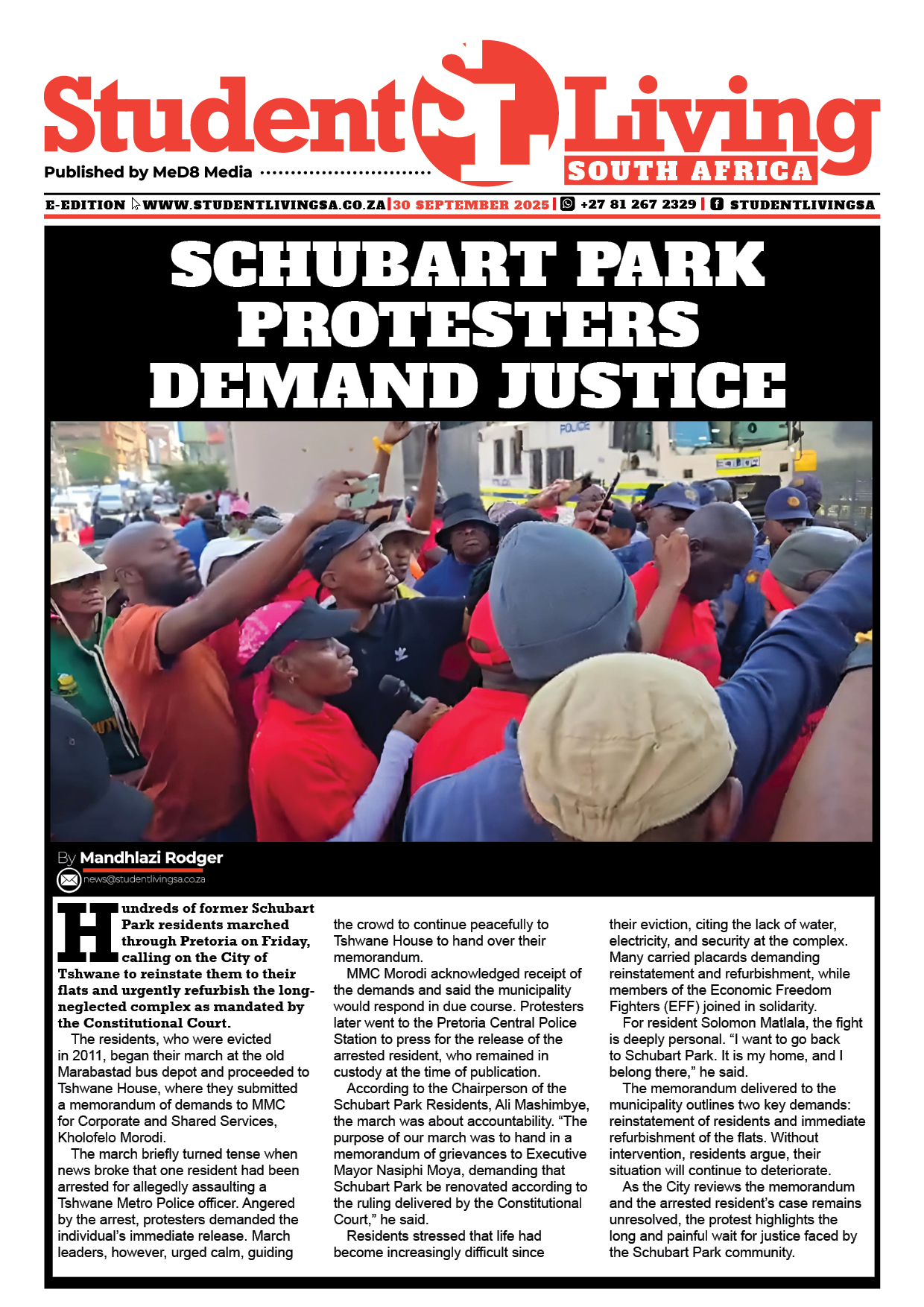By Zanele Makola.
In the heart of Mamelodi, a township northeast of Pretoria with approximately 400,000 residents, a R94 million dream remains unrealised. The Mamelodi Magistrate Court, envisioned as a beacon of justice for the community, has been mired in delays, disruptions, and allegations of interference since construction began in 2009. As of May 2025, the building stands unfinished—its abandoned shell a stark symbol of both ambition and broken promises, exposing deep systemic failures in South African infrastructure development.
The court was designed to address the township’s growing need for accessible legal services. It was to house a High Court, Regional Court, and Family Court, bringing the justice system closer to residents who often travel long distances to Pretoria Central for hearings. The project, budgeted at R94 million, was expected to serve a community plagued by high levels of crime, including robbery, assault, and carjacking, as reported in the 2019/2020 crime statistics.
Beyond legal accessibility, the facility was meant to ease case backlogs and provide a secure, modern environment for court proceedings. In a community where gangs have long been associated with extortion and violence, the Court was expected to bolster law enforcement efforts and improve safety.
Construction started in 2009, but was halted shortly thereafter. The primary obstacle: so-called “construction mafias”—criminal syndicates notorious for extorting contractors and disrupting public projects across South Africa. These groups often demand protection fees or insist on the use of specific local subcontractors, stalling progress and driving up costs. Sixteen years later, there is still no confirmed completion date.
Residents and community leaders have expressed mounting frustration. The incomplete structure has become a daily reminder of unmet promises and institutional neglect, particularly as Mamelodi residents continue to grapple with a congested judicial system. Most cases are currently referred to the overburdened Gauteng High Court in Pretoria, which further delays justice and contributes to community dissatisfaction.
“This is more than just a building—it’s a promise that was made to us and never kept,” said Thabang Mahlangu, a local civic activist. “People are losing faith in the system because justice feels far away.”
The Mamelodi Magistrate Court saga reflects broader challenges in South Africa’s infrastructure sector. Similar disruptions have plagued schools, clinics, and housing developments, with billions lost to delays and inefficiencies. In Mamelodi, these issues compound existing struggles such as high unemployment, poverty, and limited public services. The township’s proximity to Pretoria’s well-resourced administrative core underscores the stark contrast in infrastructure delivery.
The Department of Public Works and Infrastructure (DPWI), tasked with overseeing the project, has faced intense criticism over its handling of the situation. While there have been government initiatives aimed at cracking down on construction mafias—including increased police involvement and proposed legal reforms—progress has been slow and uneven. The Mamelodi project has yet to benefit from these efforts, raising concerns about accountability, political will, and project oversight.
“We need this court to feel safe, to know justice is near,” a local shop owner said during a recent community forum, echoing sentiments shared widely on social media platforms like X. The lack of progress has eroded public trust, with many residents now calling for transparency and a clear, publicly available timeline for completion.
Community organisations have also proposed independent oversight committees made up of residents to monitor the remainder of the construction process. However, with no new updates from authorities as of May 2025, optimism is dwindling.
The completion of the Mamelodi Magistrate Court demands decisive action—tightened security around the site, transparent financial management, and renewed political commitment. If delivered, the project could restore faith in public institutions, create jobs, and offer Mamelodi residents the justice infrastructure they were promised over a decade ago.
Until then, the R94 million structure remains a monument to delay and disillusionment.
















